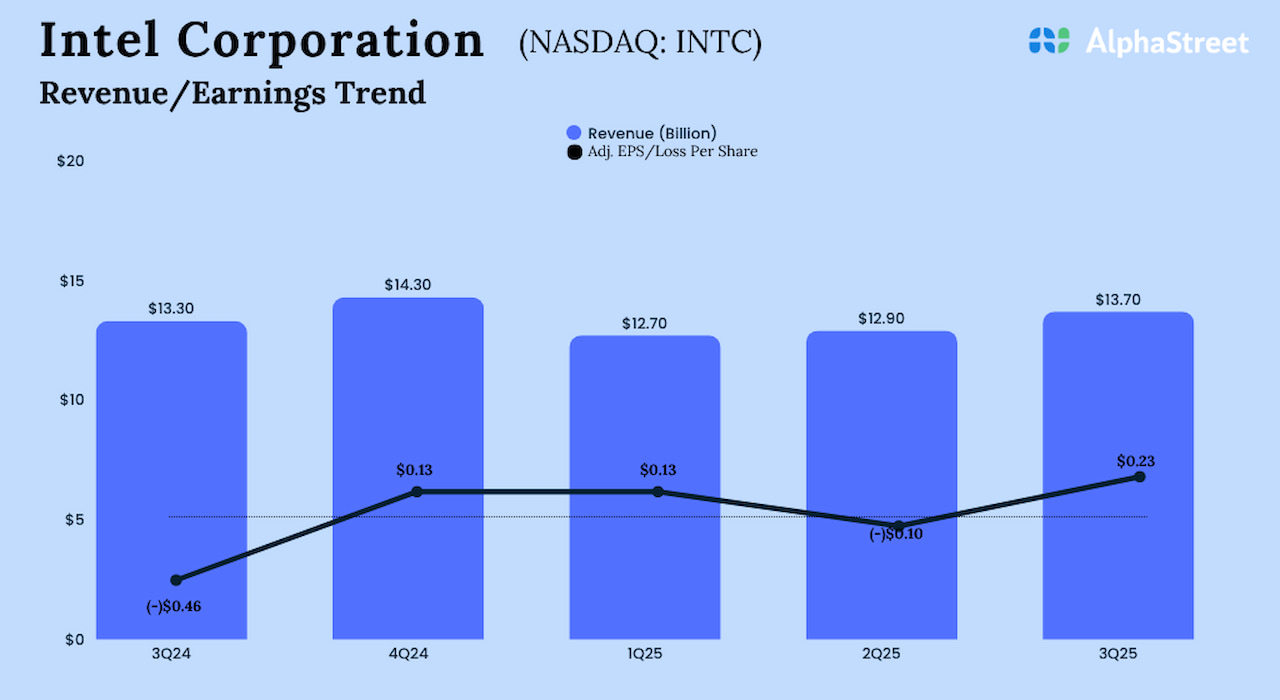Running a business or a side hustle isn’t for the faint of heart. Whether you’re just starting out or you’ve been doing this for a while now, the self-employed and small business owner tax jargon can be a little overwhelming. Let’s take a quick refresher with a helpful glossary of common business finance and tax terms you might run into this tax season.
1. Assets
Anything that you use for your business activity that has value is a business asset. It could be the liquid cash you have on hand, items you sell on eBay, real estate, business equipment, etc.
We generally divide assets into two categories: tangible and intangible. Tangible assets are things such as equipment or buildings, while intangible assets are non-physical items like licenses or trademarks.
2. Business losses
If your business expenses outweigh your profits, you’re dealing with a business loss. Losses can be very common when first starting a business, so don’t get discouraged if you’re a new small business owner or side hustler struggling to make a profit.
The good news is you can recoup some of your business losses by deducting them on your tax return (though there are some limitations to be aware of).
3. Business revenue
Business revenue is different from business income. Your revenue is the total amount of money your business makes from sales before adjusting for any expenses.
4. Business income
Your business income is your total business revenue noted above, minus the costs of doing business — taxes, depreciation, interest, etc.
You’ll report your business income on different tax forms depending on your business type. The IRS has a helpful page detailing business income for different types of businesses like sole proprietorships, partnerships, or corporations.
5. Capital gain
A capital gain is a profit you made from the sale of an asset, such as property or investments.
Capital gains are divided into long-term gains and short-term gains. If you held the asset for over a year before selling, it’s considered a long-term capital gain. If you held the asset for one year or less before selling, it’s called a short-term capital gain.
Long-term capital gains tax rates are either 0%, 15%, or 20%, depending on your income. Because of this, long-term gain rates are typically more favorable than short-term rates, which are taxed as ordinary income (meaning the rate depends on your tax bracket).
You can report capital gains (and losses) on your tax return using Schedule D. Need help calculating your capital gains for tax purposes? Use our handy capital gains tax caluculator.
6. Capital loss
A capital loss happens when you sell a capital asset for less than the asset’s adjusted basis (typically the asset’s original purchase price). This is different from an ordinary business loss, which happens when your normal business expenses exceed your business income.
You report capital losses on Schedule D, just like you would a capital gain. When reporting, you’ll subtract any long-term losses from long-term gains. This is called reconciliation, and it helps you determine if you had a net gain or net loss.
You can deduct capital losses up to the amount of your capital gains plus $3,000 ($1,500 if married filing separately). You may be able to use capital losses that exceed this limit in future years.
You can also deduct your net loss of $6,000. However, the IRS only allows you to deduct up to $3,000 in net capital losses each year ($1,500 for those married filing separately). This means you could deduct $3,000 this tax year and carry over the remaining $3,000 to deduct next year. You can also use the carried-over $3,000 to reduce any capital gains you have next year. You can then continue to carry over, deducting the maximum each year until your excess losses are gone.
7. Cost basis
Your cost basis is what you paid for an asset plus additional costs that you accrued to obtain the item. The IRS has a helpful publication going over what can be included in cost basis if you’d like to read up on this topic in more detail.
For example, let’s say you paid $75 for a stock two years ago and sold it today for $100. In this instance, your cost basis would be $75. You will need to know your basis to determine your capital gain. To do this, subtract your item’s basis from your final sale price. In the example used above, your taxable capital gain would be $25.
8. Cost of goods sold (COGS)
Sometimes referred to as “cost of sales,” your COGS is the sum of all the direct costs associated with producing your merchandise. An example would be labor and distribution costs, as well as any materials needed to produce the merchandise. Indirect costs (think marketing costs) do not factor into your cost of goods sold.
You need your COGS to determine your gross profit — just subtract your cost of goods sold from your sales revenue. Keep scrolling to read more about gross profit!
9. Depreciation
The longer you own a depreciating asset, the more its value declines. Tax depreciation allows you to regain some of that loss in value by deducting it from your taxes.
Determining what items can be depreciated can be a complex and confusing topic. If you aren’t sure whether an asset you own qualifies for tax depreciation, don’t be afraid to consult a tax professional. They can help you determine what losses you may be able to claim on your federal income tax return. The IRS also has a helpful section on depreciation if you want to read more about it.
10. EIN
EIN stands for employer identification number. Think of this number as a Social Security number for your business. It’s a registered number that the IRS uses to identify your business for tax purposes. If your business is eligible for an EIN, you can get one by applying with the IRS.
11. Expenses
Business expenses are the necessary costs you spend while operating your business. This can cover everything from rent and utility costs of your business building to travel and meal costs accumulated on work trips. Thankfully, you can deduct these business expenses on your tax return!
It’s important not to confuse business expenses with personal expenses. Personal expenses are the costs you spend on anything unrelated to your business. This includes things like clothing, groceries, and anything you spend on yourself or your family for personal purposes.
Personal expenses cannot be deducted on your income tax return, so it’s important you keep your personal and business finances separate.
12. Fair market value
Fair market value is the current value of an asset in an open market. It can help you accurately price your goods and services, and it’s sometimes necessary when selling certain types of goods, such as inherited items or collectibles.
13. Form 1099
The IRS refers to 1099 tax forms as “informational returns.” There are different types of 1099s used to report different kinds of payments you received during the year. Let’s look at some common ones.
You’ll receive a 1099-K for 2024 if you had at least $5,000 in payments made to you by credit cards or third-party payment networks (like PayPal® or Venmo®). If you sell items online and earn more than $5,000, you should expect to receive one of these forms this year. Learn more about 1099-K reporting thresholds.
You’ll receive a 1099-NEC if you made at least $600 in nonemployee compensation, such as freelancing or contract work.
You’ll receive a 1099-MISC if you earned at least $600 in rent or royalty payments during the tax year.
If a payment made to you was subject to backup withholding, it will be reported on the appropriate Form 1099. This 1099 will need to be attached to your income tax return to get credit for the withholding deducted from your payment. These 1099 forms are informational, meaning you should use them in addition to your own records to accurately calculate your taxable income.
14. Gross profit
Gross profit is the amount you make after adjusting for the cost of goods sold (COGS). To determine your gross profit, you would subtract your cost of goods sold from your sales (AKA your revenue). Gross profit can also be referred to as gross proceeds.
Gross profit only takes your business’s cost of goods sold into account — it does not account for indirect costs such as insurance, sales marketing, etc.
15. Net income (net profit)
Unlike gross profits, net income (also called net profit) does factor in all your company-wide expenses, including things like insurance and marketing costs.
Your net income is the profit your business earns after adjusting for all your business expenses. Ultimately, your net income determines whether your business is making money. You are also taxed on your net income. You’ll report your net income differently depending on what kind of seller you are.
16. Third-party network transactions
This is a term you’ll see if you receive a 1099-K tax form. A third-party network transaction is any transaction settled through a third party — meaning payments you receive through apps such as Venmo, Cash App®, or the like. Similarly, payment card transactions are payments you receive through credit or debit cards, often through an app such as Square®.
The bottom line
Navigating the intricacies of business finance and tax terminology can be challenging for both new and seasoned entrepreneurs. However, understanding these terms is essential for accurately managing your finances and complying with tax regulations. By familiarizing yourself with the definitions above, you can better prepare for tax season and make informed decisions that support the financial health and growth of your business both this year and for the years to come.
This article is for informational purposes only and not legal or financial advice.
All TaxAct offers, products and services are subject to applicable terms and conditions.




























